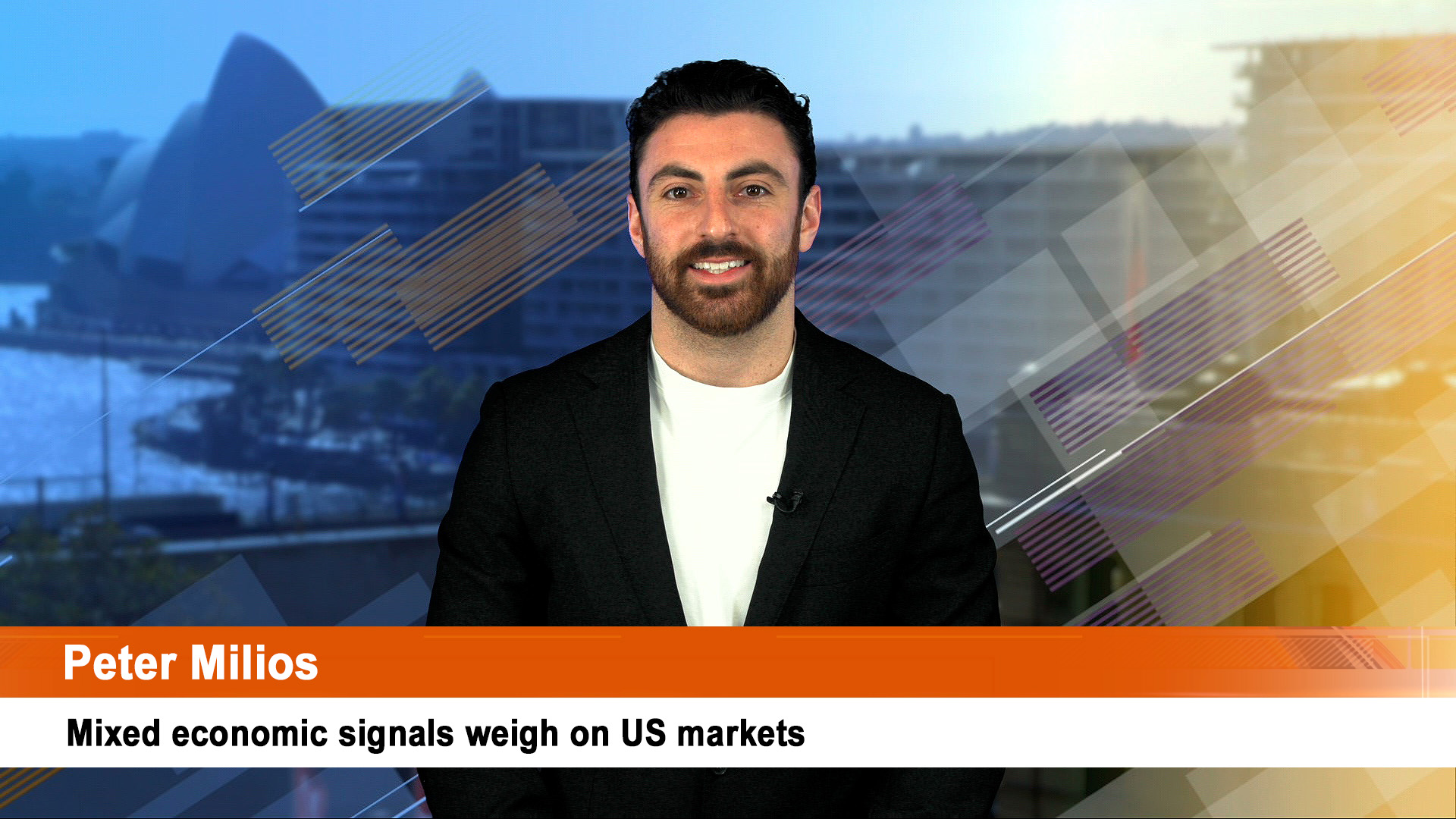Harvey Norman has revealed plans to radically expand its Malaysian operation over the next six years by boosting store numbers almost three times.
The company’s annual meeting in Sydney was told yesterday the retailer wants to have 80 outlets in Malaysia by the end of 2028, up from 28 at the moment. Harvey Norman moved into Malaysia in 2003.
The 52 new outlets will be opened at a rate of around 8 a year. No cost for the new stores, fit outs and additional inventory was given in the presentation on Thursday.
Investors didn’t like the news and sent the shares down 1.4% to $4.17.
That was despite a strong rise of 6.9% in sales across its network of stores in Australia, NZ, Singapore, Malaysia, Slovenia and Croatia, Northern Ireland and Ireland
“There is significant opportunity to stores by the end of 2028. increase the Harvey Norman, CEO Katie Page (Harvey’s wife) told the meeting.
“We have doubled our store numbers to 28 in the last 5 years. Importantly, we have an experienced team in place to deliver this growth opportunity,” Ms Page said.
Harvey Norman also has outlets in nearby Singapore, in New Zealand, Slovenia and Croatia, Northern Ireland and Ireland.
Harvey Normal has 195 outlets in Australia, mostly franchised and trading as Harvey Norman, Domayne and Joyce Mayne.
The outlets in Singapore and Malaysia are described as ‘majority-owned controlled company-operated stores” in both countries.
In the trading update the company said sales rose 6.9% from July 1 to October 31 from the same period of 2021-22..
Comparable store sales for the same period rose 6.3%.
“There were no openings or closures of franchised complexes during the current period.
“One company-operated store was opened in Ireland located at Fonthill on 22 July 2022. One company-operated store was closed in Singapore,” the company said.













